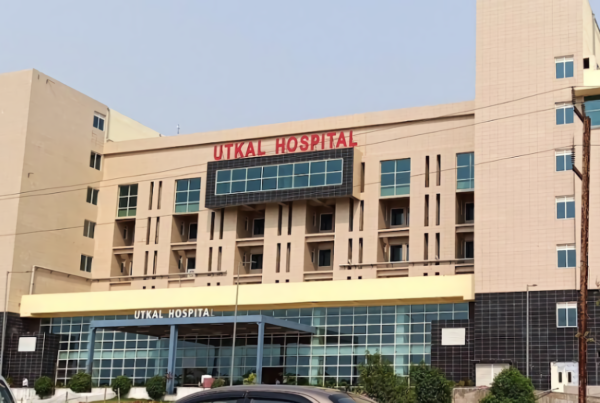Central govt has made significant strides in enhancing mental health services across the country, according to a recent statement by the Union Minister of State for Health and Family Welfare, Prataprao Jadhav. The initiative comes in response to findings from the 2016 National Mental Health Survey (NMHS), which reported a 10.6% prevalence of mental disorders among adults over 18 years.
The District Mental Health Programme (DMHP), a component of the National Mental Health Programme (NMHP), has been extended to 767 districts. This program, supported by the National Health Mission, focuses on suicide prevention, workplace stress management, and life skills training in schools and colleges. District-level facilities now offer outpatient services, psycho-social interventions, and a 10-bedded in-patient facility.
To bolster mental health services, the government is also advancing the NMHP’s Tertiary care component. This includes the establishment of 25 Centres of Excellence to enhance postgraduate training and tertiary care facilities. Furthermore, 47 postgraduate departments in mental health specialties across 19 government medical colleges are being strengthened, with mental health services added to 22 new AIIMS institutions.
India currently hosts 47 government-run mental hospitals, including three central institutions: the National Institute of Mental Health and Neuro Sciences in Bengaluru, Lokopriya Gopinath Bordoloi Regional Institute of Mental Health in Tezpur, and the Central Institute of Psychiatry in Ranchi.
At the primary healthcare level, over 1.73 lakh Sub Health Centres (SHCs) and Primary Health Centres (PHCs) have been upgraded to Ayushman Arogya Mandirs, integrating mental health services into their comprehensive care packages.
Additionally, the government launched the National Tele Mental Health Programme (NTMHP) on October 10, 2022. As of July 23, 2024, the program has established 53 Tele MANAS Cells across 36 states and Union Territories, handling over 1.17 million calls through its helpline.



